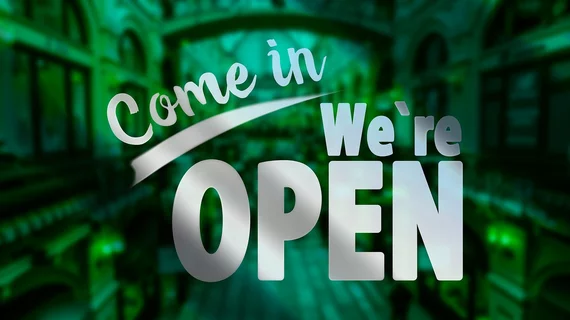Small cash incentives kept vaccination rates from nosediving, pilot study shows
The proportion of Americans vaccinated against COVID-19 remains low, but small financial incentives can help reverse that trend, healthcare researchers reported Monday.
Many states have tried and failed to boost vax rates by offering big-payout lottery prizes. A pilot program in North Carolina has found success going a different route, guaranteeing a $25 cash card for adults who received or drove someone to receive their first dose.
During staggered two-week pilots, vaccine initiation declined less at sites offering cash cards compared to other clinics in the same counties and the rest of the state, according to data published in a JAMA Internal Medicine research letter.
Furthermore, 41% surveyed said the cash card played an important role in their decision, particularly among non-White and low-income individuals.
“With hundreds of millions of dollars being spent to accelerate COVID-19 vaccine uptake, these study findings suggest that this strategy for increasing vaccination merits greater investment,” Charlene A. Wong, MD, MSHP, with the North Carolina Department of Health and Human Services’ Office of the Secretary, and co-authors wrote Oct. 25
Wong et al. compared two baseline periods (April 28-May 11, 2021, and May 12-25, 2021) against a short intervention stretch spanning June 2-8. Vaccinations increased by 46.2% across clinics participating in the program during the baseline periods while dropping 9.5% elsewhere in the four counties.
And from the period ending May 25 through the intervention date concluding June 8, vaccinations dropped less at sites offering financial incentives compared to county numbers overall (26.4% vs. 51.1%). North Carolina witnessed a 48.6% decline during that same time, the authors noted.
While the study design may not make the results applicable to other states and phases of the pandemic, Wong and co-authors maintain small cash incentives are a “powerful” motivator for many.
“In this pilot program in North Carolina, incentives slowed the decline in vaccination and promoted more equitable distribution by alleviating barriers to vaccination, particularly for low-income, Black, and Hispanic individuals,” the group concluded.

